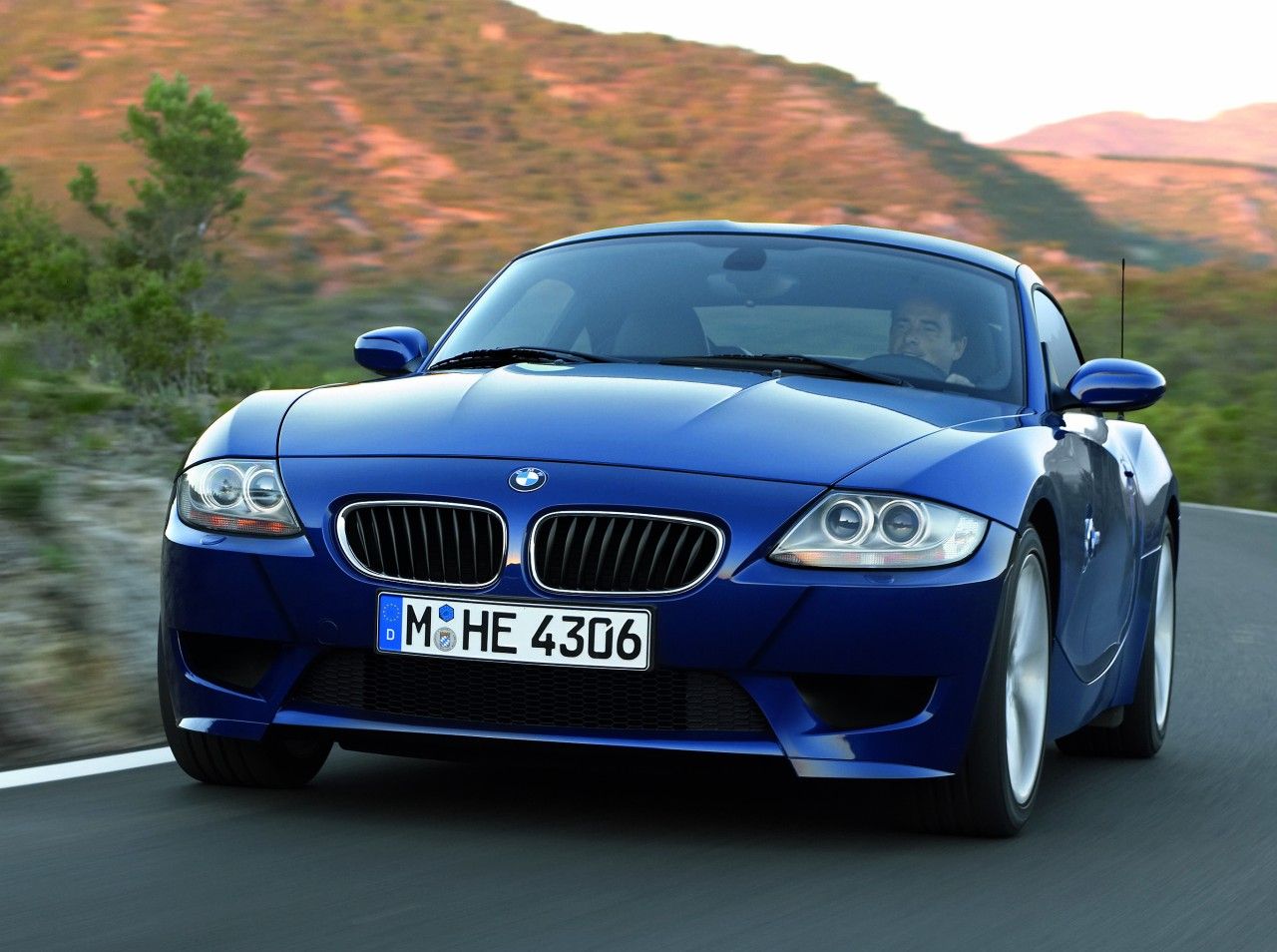The already stratospheric cost of BMWs, Mercedes, and Porsche’s is going to go up, maybe up a lot.
And this is one increase that cannot be blamed on Congress.
Blame it on the European Union. Apparently, the Germans don’t have the clout they needed.
But it could have been worse.
The European Union has finalized its carbon dioxide emissions standards, to be effective in 2012. They will require no more than 120 grams per kilometer.
But, those carmakers whose fleet does not meet that limit are to be allowed to offset the deficiency by buying credits from carmakers who exceed it.
BMW, Mercedes, and Porsche will not likely meet it.
Renault, Peugeot, and Fiat likely will exceed it.
(This lets you know who’s running the EU, doesn’t it?)
The best bet is that the luxury German carmakers won’t even come close to the mark, likely averaging 160 to 190 grams per kilometer, a figure which could possibly be reduced by use of hybrid powertrains.
But, either way, the German carmakers are going to have to subsidize the French carmakers, and that cost is likely to be passed along to the customers, both there and here.
The C02 rules adopted in the EU are, of course, merely a tax on carmakers, coupled with a subsidy that clearly benefits one or two countries, at the very substantial expense of another. Until recently, however, German government was politically controlled by a socialist party that seemed to throw in its lot with the French, even though doing so operated to cause substantial detriment to Germany’s own industries.
The effect of the rules, long-term, on the structure of the German automobile industry could be profound.
Though many commentators have recently suggested that German manufacturers must combine in order to remain competitive in the global marketplace, and have particularly focused on the notion that BMW and Daimler should merge (Porsche already having taken control of Volkswagen), the adoption of these rules provides a powerful incentive for these companies to acquire weaker EU car makers that have predominantly fuel-efficient vehicles. At the very least, it gives Fiat clout that it could never have achieved in an open and free market.
Though likely ignored by the insular EU, it also gives Toyota a huge leg up in its efforts to sell more vehicles in the European market. Toyota has announced that it plans to expand world-wide production by 500,000 vehicles, even as the global market seems to be shrinking. One market in which Toyota has lagged is Europe. But, the company is uniquely positioned to sell low-emission vehicles in that market, and oblige the German manufacturers to support Toyota’s efforts in exchange for reasonably priced carbon credits.
Neither BMW nor Porsche got to where they are by being stupid, and neither did Toyota.
The doctrine of unintended consequences will likely come into play before this story has completely unfolded.
But, in the end, you can bet on the following:
That BMW will be even more expensive.
Fiats will still be dogs.
And, Toyota will be selling more cars in Europe than Renault.

